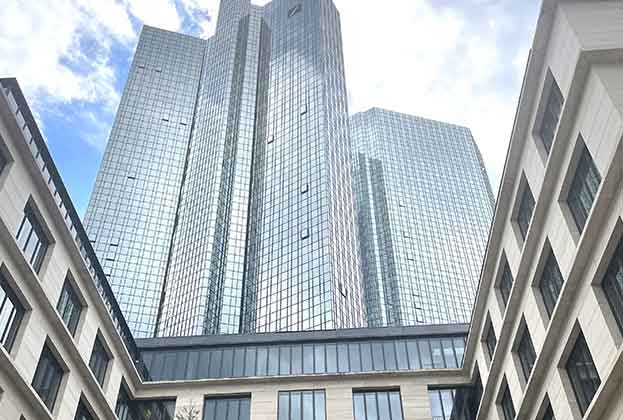Estimates suggest that Prague requires an additional 10,000 new apartments to be permitted each year to remedy the current undersupply of housing, yet just over half that figure have been delivered per year over the last five years. This is a contributing factor to why the Czech Republic has the least affordable residential pricing in Europe, with Czechs requiring on average 11.4 years’ worth of gross salaries to purchase their own home.
The Czech Republic has held this unenviable top position for the last four years. Prague in particular has seen residential prices for new apartments almost double in the last eight years, with a 10 per cent increase in the twelve months since Q3 2019 alone.
More than three quarters of new apartments are priced at over CZK 100,000 (EUR 3,870) per sq m, which just a few years ago was considered as the very high end of the pricing scale. The average price of new apartments including VAT reached CZK 120,000 (EUR 4,660) sq m in Q4 2020.
The Czech Republic has historically been a country with a much higher proportion of homeowners, at 79 per cent, compared to renters. However, that is changing rapidly due to:
- Stricter mortgaging regulations imposed by the Czech National Bank, setting a limit on maximum levels of borrowing. Coupled with this are banks’ own strict lending rules, with mortgage Loan to Value (LTV’s) typically not exceeding 80 per cent.
- Increasing residential prices pared with limited wage growth has put home ownership out of reach for many of Prague’s residents.
- Demographics trends including change in number of households, household sizes, as well as changing attitude towards renting and households seeking the flexibility of renting.
- A legal system that gives tenants confidence in their security of tenure.
So what does this mean for investors and developers? Prime residential yields in Prague are at 3.2 per cent, making it the most expensive Central European capital city; but still priced lower than many other major European cities on a yield basis. The critical combination of a growing population and limited new supply will keep yields in the city at or below their current level for the foreseeable future, ensuring attractive returns to investors and developers.
One of Prague’s first Build to Rent (BTR) schemes, Astrid Residence, located in Holešovice, one of the 10 coolest neighbourhoods in Europe, according to The Guardian, is currently being prepared for construction. This mixed-use, inner-city urban regeneration project, delivered by Vienna stock listed developer UBM Development AG and marketed by Savills, will provide 125 apartments, with each apartment benefitting from a private balcony/terrace, two ground floor commercial units, 150 underground car parking spaces and high quality amenity spaces. With build permit in place, construction aim to commence Q3 2021, with practical completion two years later. The property will be offered by way of forward purchase.










